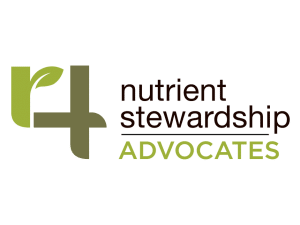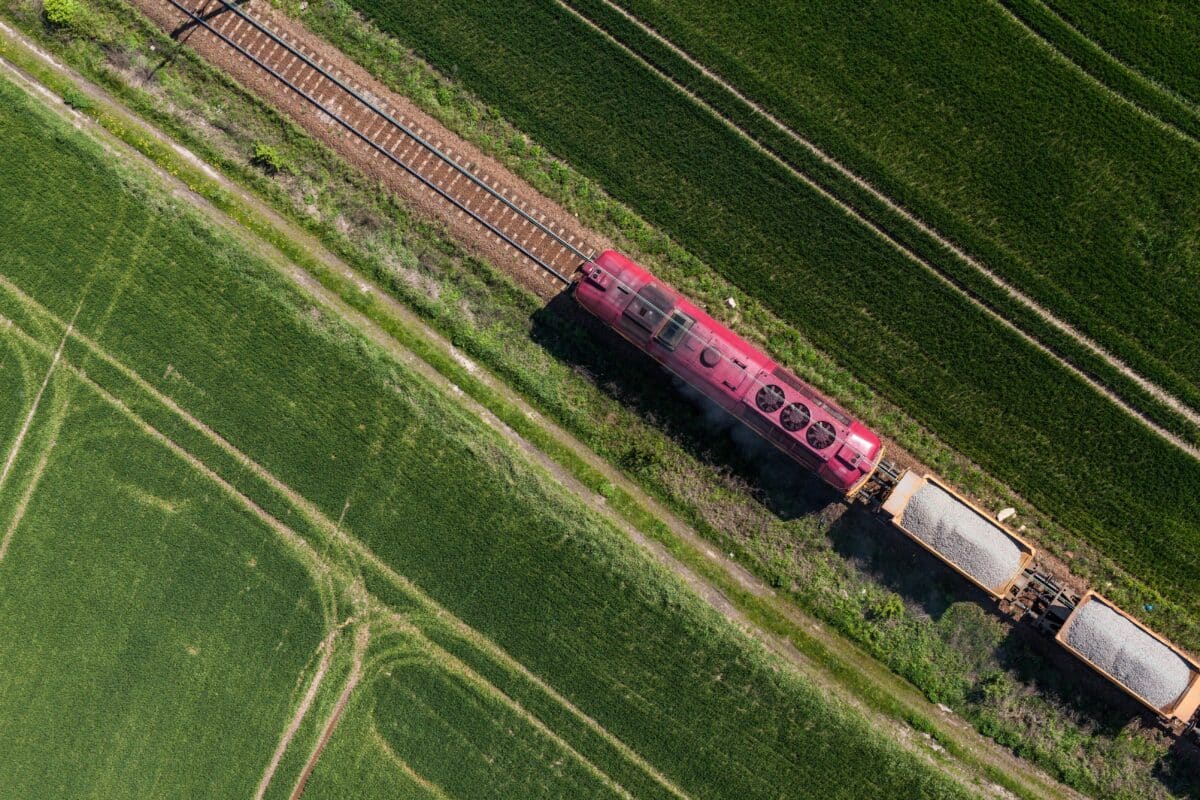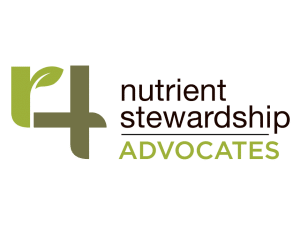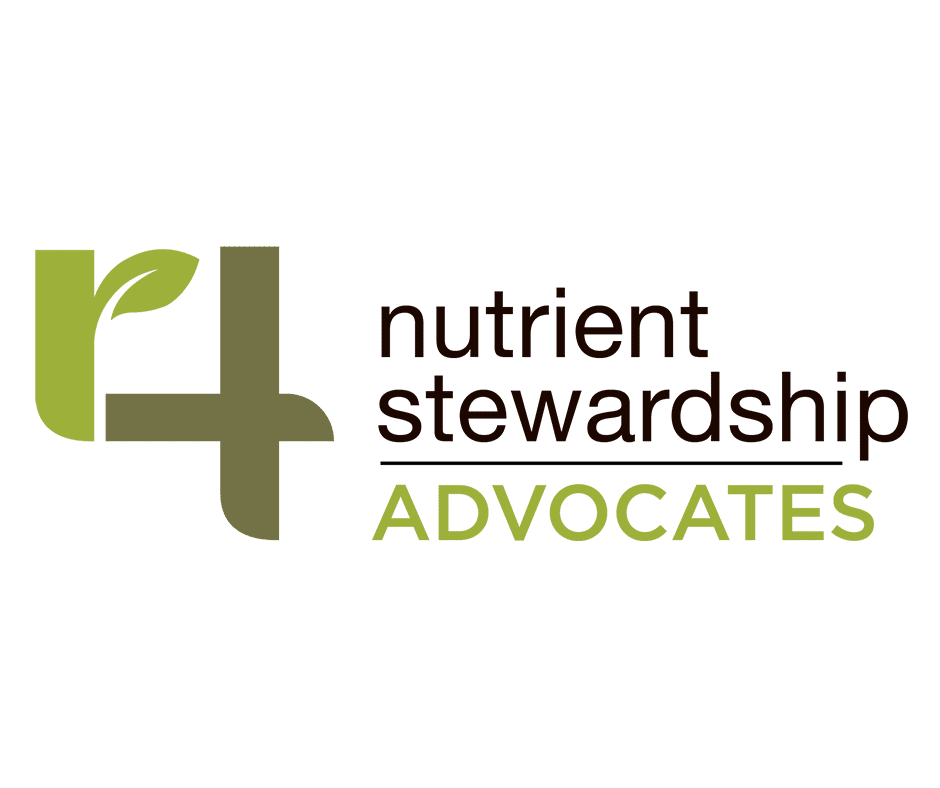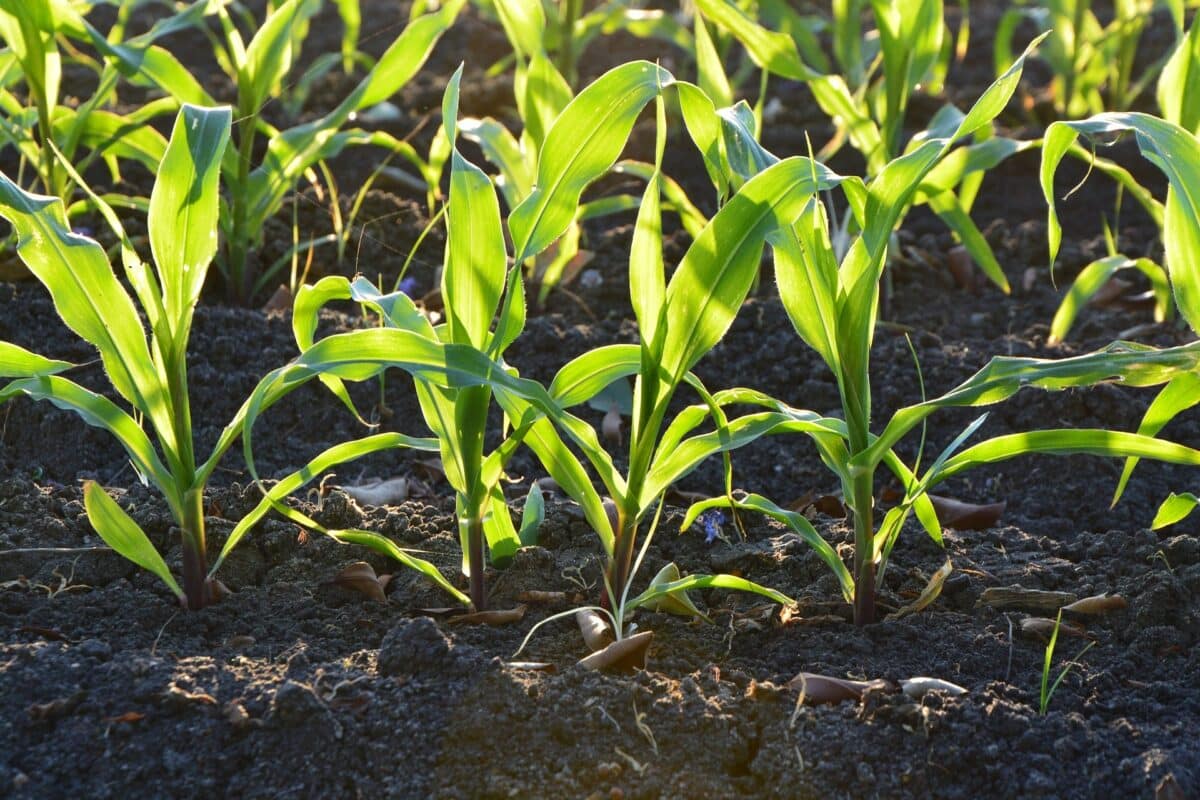Fertilizer as Food Security

The world is facing a serious food shortage crisis. With the global population of 8 billion expected to grow by at least 30% over the next few decades, we need more food than ever before. Food security is a crucial issue for governments around the world—a growing population means more people need more food, but the amount of arable land available is not increasing. The United Nations states that there is currently a world food crisis in which over 1 billion people are facing starvation. Without further action, the crisis could worsen and possibly lead to a global catastrophe. Fertilizer is key to solving this problem. Just as it has been for thousands of years, fertilizer remains one of the most important elements in agriculture today.
Due to increased efficiency in farming with modern fertilizer use, we are seeing a new era in resource management. Fertilizer application is a key part of the food production system, helping make food more plentiful and affordable. It also provides farmers with better yields on the same land area or allows them to produce more food per acre with fewer resources such as water, seed and labor.
The responsible use of fertilizers helps increase the productivity of agricultural land by reducing soil nutrient depletion, increasing plant growth, and improving crop yields. For example, nitrogen use in the United States has increased corn yields from an average of about 40 bushels per acre in 1950 to around 175 bushels per acre in 2021. Exponential increases like this only serve to support the idea that fertilizer is an essential step towards solving issues of food security.
The world food crisis is an immense issue that requires attention and action. Fertilizer is indeed key to solving this problem, as it helps to increase crop yields and improve soil quality. This can provide much-needed nutrients to the soil, increasing food production and helping to alleviate the issue of starvation. We must work together to find sustainable solutions that can help to increase fertilizer production and access to it, as well as to educate people on the importance of fertilizer and how to use it effectively. By doing this, we can help to ensure that everyone has access to the food they need.
